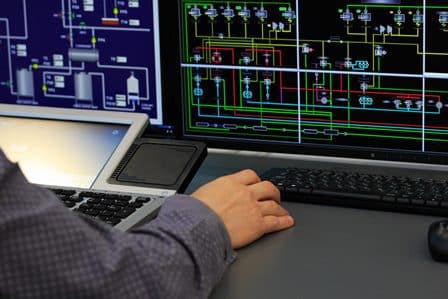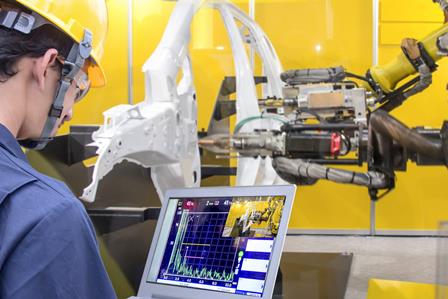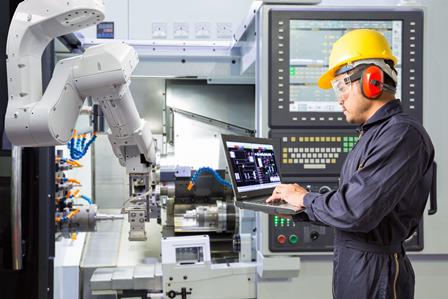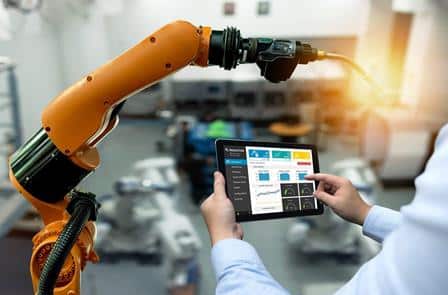Course Overview
This professional development course is designed for engineers and technicians who need to gain practical knowledge of selection, installation, and commissioning of industrial instrumentation and control valves.
Instrumentation Automation Process Control Short Course Details
This course is for individuals primarily involved in the design, specification, and implementation of control and measurement equipment. It will help you achieve effective results for industrial processes, by going over new technologies such as smart instrumentation and Fieldbus.
We will cover instrumentation terms, concepts, diagrams, and symbols, as well as an overview of the use of Programmable Logic Controllers (PLCs) in industrial applications. You will also learn about control valve principles and common valve types.
This course will also help you understand how to implement an instrument and wiring number system, and how to integrate a complete system (considering instrumentation and total errors) as well as selection criteria, commissioning and testing.
The course focuses on real applications, with attention to special installation considerations and application limitations when selecting or installing different measurement or control equipment. It will help you appreciate factory and site acceptance testing. You will also learn about reliability centered maintenance and spare parts analysis and considerations for building in-house panels and installations.
Course Benefits
- You may be eligible to claim CPD points through your local engineering association.
- Receive a Certificate of Completion from EIT.
- Learn from well-known faculty and industry experts from around the globe.
- Flexibility of attending anytime from anywhere, even when you are working full-time.
- Interact with industry experts during the webinars and get the latest updates/announcements on the subject.
- Experience a global learning with students from various backgrounds and experience which is a great networking opportunity.
- Gain in-depth knowledge in selection, installation, and commissioning of industrial instrumentation and control valves.
- Understand fundamental concepts required in plant monitoring and control like level, pressure temperature and flow measurements.
- Understand the implementation of instrument and wiring number system as well as its integration to the complete system.
- Learn from industry experts on PLC system, ISO, HAZOP, Reliability Centered Maintenance, Spare Parts Analysis, Testing and Panel Design, HMI, SCADA and DCS systems.
The course is composed of 12 modules, covering pressure measurement, level measurement, level measurement, temperature measurement, HMI, SCADA and DCS systems, different tuning rules, latest ISO requirements for a company, and HAZOP studies.
Module 1: Introduction, Basic Terms and Definitions
- Basis measurement and control concepts
- Basic performance terms and conditions
- Advanced performance terms and conditions
- Definitions
Module 2: Diagrams and Numbering
- P & ID symbols
- Selection criteria
- Typical applications
Module 3: Pressure Measurement
- Principles of pressure measurement
- Pressure sources
- Mechanical transducers and elements
- Electrical transducers and elements
- Installation considerations
- Impact on the overall control loop
- Selection tables
- Future pressure technologies
Module 4: Level Measurement
- Principles of level measurement
- Simple sight glasses and gauging rods
- Buoyancy tape systems
- Hydrostatic pressure
- Ultrasonic measurement
- Radar measurement
- Vibration switches
- Radiation measurement
- Electrical measurement
- Density measurement
- Future level technologies
Module 5: Temperature Measurement
- Principles of temperature measurement
- Thermocouples
- Resistance temperature detectors (RTDs)
- Thermistors
- Liquid-in-glass, filled and bimetallic
- Non-contact pyrometers
- Humidity
- Installation considerations
- Impact on the overall control loop
- Selection tables
- Future temperature technologies
Module 6: Flow and Mass Measurement
- Principle of flow measurement
- Differential pressure flowmeters
- Open channel flow measurement
- Variable area flowmeters
- Oscillatory flow measurement
- Magnetic flowmeters
- Positive displacement
- Ultrasonic flow measurement
- Mass flowmeters
- Installation considerations
- Impact on the overall control loop
- Selection tables
Module 7: Control Valves
- Principles of control valves
- Sliding stem valves
- Rotary valves
- Control valve selection and sizing
- Control valve characteristics / trim
- Control valve noise and cavitation
- Actuators and positioners
- Valve benchset and stroking
- Impact on the overall control loop
- Selection tables
- Future technologies
Module 8: Basic Control Philosophies
- Open loops
- Closed loops
- Feedforward and ration control
- Feedback control
- Overview of different tuning rules available
- Cascade control
- Good practice in troubleshooting
- Adaptive and self-tuning controllers
Module 9: Integration of the System, Modern Trends and Other Process Considerations
- Calculation of individual instruments and total error for the system
- Selection considerations
- Testing and commissioning of subsystems
- RS 232, RS 422, RS 423, RS 485, etc.
- Fiber optic cables
- New smart instruments and fieldbus
- Noise and earthing considerations
- Materials of construction
- Linearisation
Module 10: Programmable Logic Controllers Introduction to the PLC
- Digital Input / Output Systems
- Analog Input / Output Systems
- Fundamentals of PLC Programming
Module 11: Iso, Hazops, Reliability Centered Maintenance, Spare Parts Analysis, Testing and Panel Design
- ISO 9001:2000 in-depth
- HAZOP analysis
- Reliability centered maintenance and spare parts analysis
- Acceptance Testing (FAT and SAT)
- Electrical design of assorted panels
Module 12: Hmi, Scada & Dcs Systems
- System Hardware & Software
- Components
- Design & layout
- Alarms & Reporting
To obtain a certificate of completion for EIT’s Professional Certificate of Competency, students must achieve a 65% attendance rate at the live, online fortnightly webinars. Detailed summaries/notes can be submitted in lieu of attendance. In addition, students must obtain a mark of 60% in the set assignments which could take the form of written assignments and practical assignments. Students must also obtain a mark of 100% in quizzes. If a student does not achieve the required score, they will be given an opportunity to resubmit the assignment to obtain the required score.
For full current fees in your country go to the drop down filter at the top of this page or visit the Fees page.
Payment Methods
Learn more about payment methods, including payment terms & conditions and additional non-tuition fees.
Dr. Rodney Jacobs is based in the middle regions of South Africa and has been involved as an instructor for the EIT group since 2004. His area of expertise includes all aspects of process control (PLC, SCADA, DCS, Loop tuning), as well as multiple facets of electrical engineering.
Hadi Harb has more than 15 years of experience in the development and management of Artificial Intelligence and Audio Signal Processing projects.
Learn about our instructors.
You are expected to spend approximately 5-8 hours per week learning the course content. This includes attending fortnightly webinars that run for about 90 minutes to facilitate class discussion and allow you to ask questions. This professional development program is delivered online and has been designed to fit around full-time work. It will take three months to complete.
Registrations are open for our upcoming intakes. Please ensure you book your place at least one week before the start date of the program.

